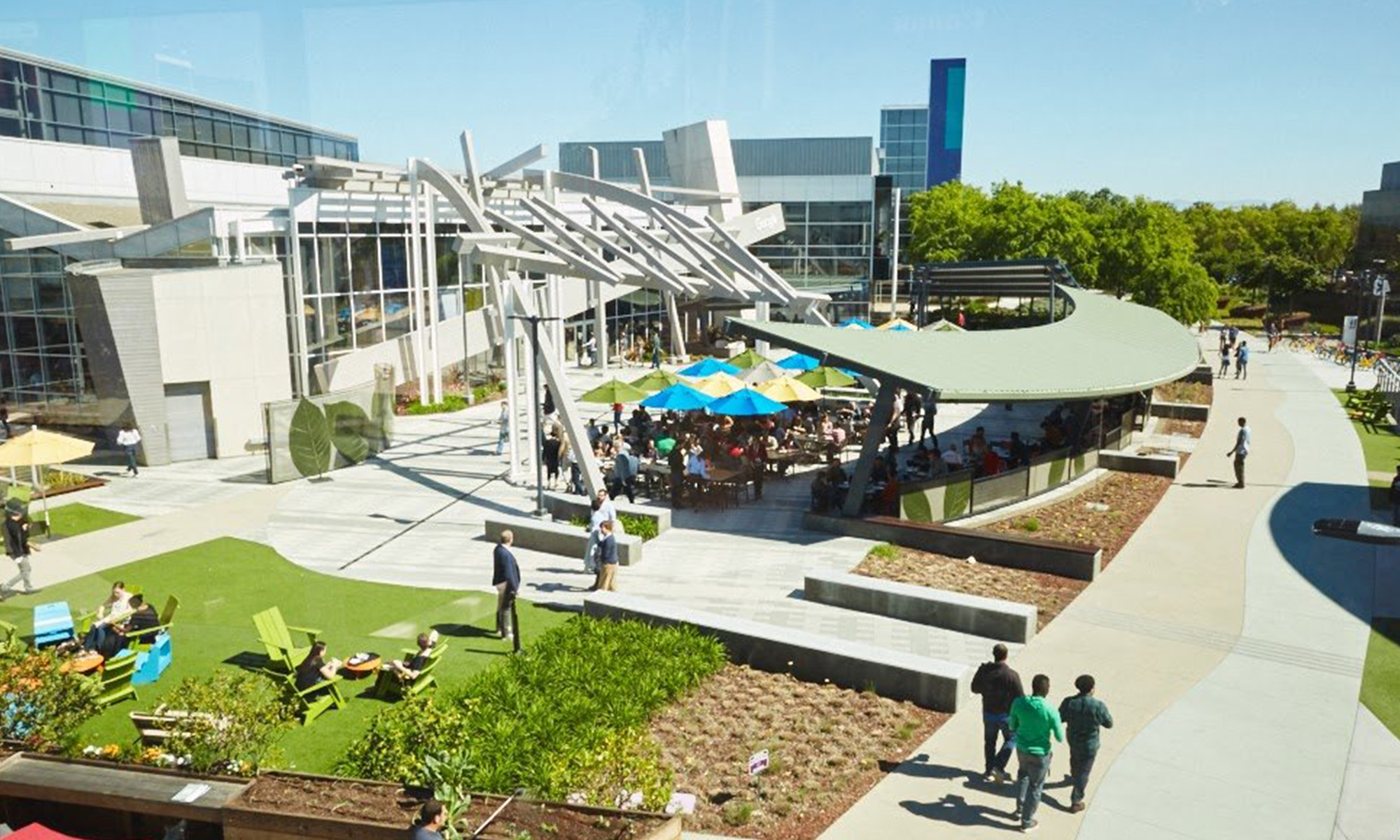What do Google (GOOG +1.11%), Amazon.com, eBay, UPS, FedEx, Wal-Mart, Kroger (KR +0.86%), and the United States Postal Service have in common? All of these entities are experimenting with same-day delivery options for online retail orders.
It is easy to see why an online retailer such as Amazon.com or even a grocer might be interested in same-day delivery; but a search engine? Okay, it is hard to see, but the search engine giant thinks same-day delivery is important enough to experiment with something called Shopping Express. Shopping Express is an online store that offers a wide variety of items. It also gives customers in San Francisco the option to have items delivered that day by paying a $4.99 charge. The first six months of the service are free in an attempt to get customers hooked.
Shopping Express is hardly original; it looks a lot like Kroger's Home Shop, Amazon Prime, and Walmart to Go. Like those services, it doesn't use any new technology, just a van or a car and a driver.
Google's service works a lot like Home Shop, which uses Kroger grocery stores as local fulfillment centers. The difference is that Google is teaming up with large retailers such as Target and Costco to provide the goods. The customer orders the items, which Google picks up from the store and delivers.
Is there really money in same-day delivery?
It is obvious that many companies think that same-day delivery is the future of online retail and business. At the moment, Google has a lot of competition in the field.
Even some of the delivery giants are getting into the act: FedEx offers "local delivery today" through its SameDay City local courier service in 21 U.S. cities, and UPS touts a same-day delivery option on its site. Even the U.S. Postal Service is experimenting with a similar option called MetroPost in San Francisco. MetroPost's website even contains a "How to Buy" feature.
Such services are attractive to time-strapped individuals and the growing number of Americans who do not own a car. A May 2013 study from CNW Marketing found that 9.7% of U.S. households, nearly one in 10, do not have an automobile. That number is steadily rising; in 1991 only 5.7% American homes lacked a car.
These companies are also betting on Americans' love of convenience. After all, shopping is a hassle made worse by traffic congestion, lack of time, rude store clerks, and the high price of gasoline. Why bother driving to the store when Shopping Express or MetroPost will pick your groceries up for you?
Is there really money in same-day delivery?
The big question here is: Can anybody really make any money with same-day delivery? After all, there's the cost of the vehicles, fuel for the vehicles, insurance for the vehicles, and the driver's salary and benefits.
Then there are costs related to fulfillment centers; somebody will have to pull the orders and prepare them. That will have to be done by a human being, who will probably want to be paid for his or her labor.
Few rundowns of the costs of these services are available because they are so new. The services have only been tried in a few compact urban areas such as San Francisco and Washington, D.C., which can artificially lower costs.
Will it work outside the city limits?
How are such services supposed to work in far flung suburbs or rural areas? More and more Americans are moving farther out into the countryside. How is same-day delivery supposed to work on a farm in Nebraska or a ranch in Montana?
The logistical problems and costs involved in a nationwide rollout of same-day delivery will be enormous. That means there is a good chance same-day delivery options such as Shopping Express could remain boutique offerings in select areas.
Same-day delivery could end up as a niche market rather than the standard in online delivery. It also means that Shopping Express could simply be a test platform for new Google techniques and technology rather than a serious business venture.
Foolish takeaway
If it wants to roll out Shopping Express on a large scale, Google will have to team up with an organization with significant resources and experience in real-world logistics. The most likely candidates are the USPS and shipping services such as UPS or FedEx. Another potential partner is Wal-Mart, which has gigantic fulfillment centers, incredible logistics capabilities, and a vast inventory of goods for sale.







